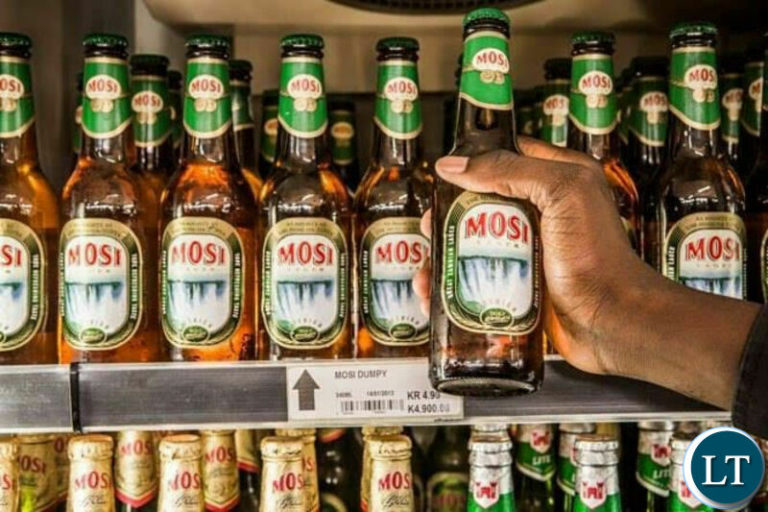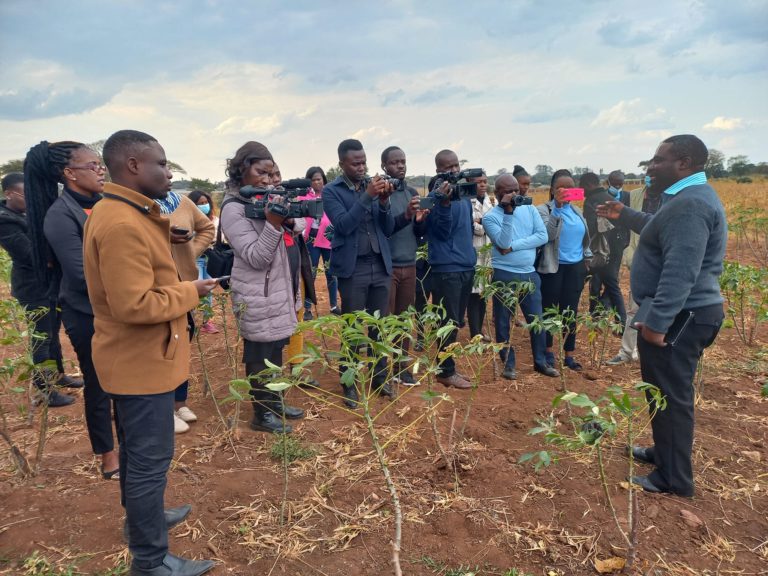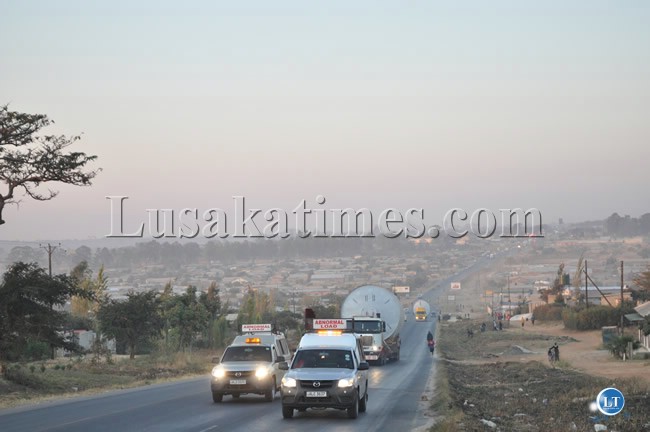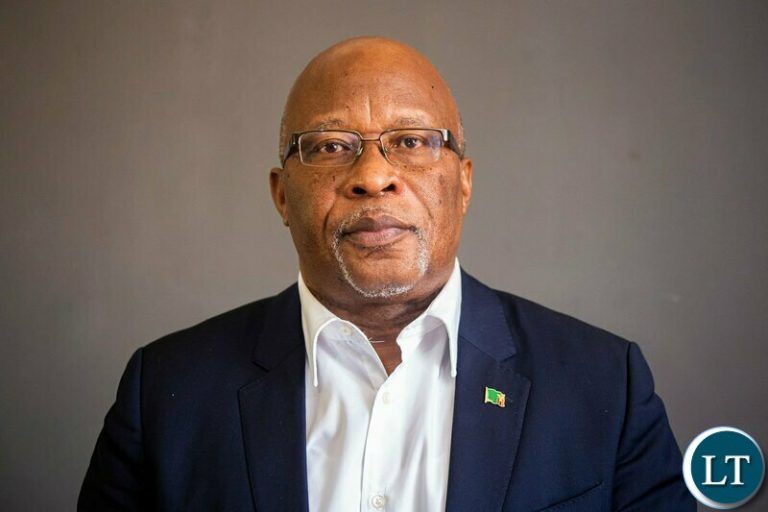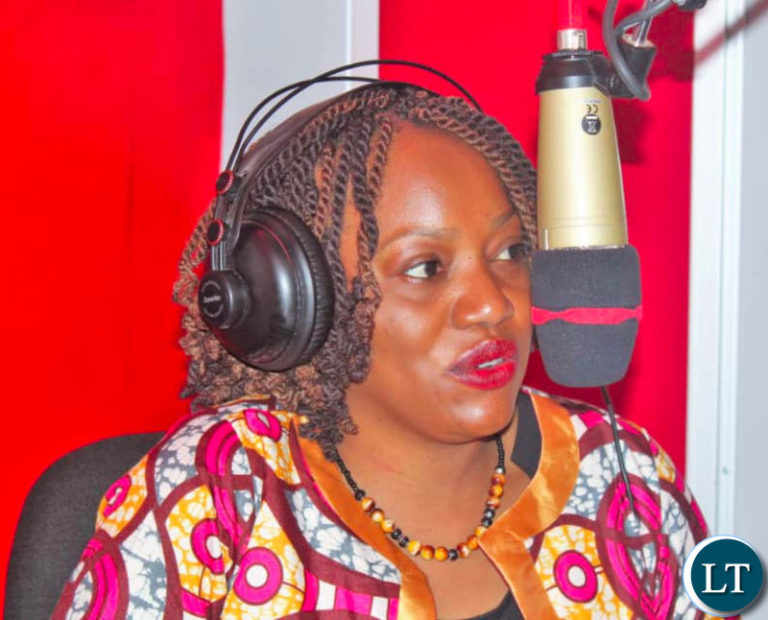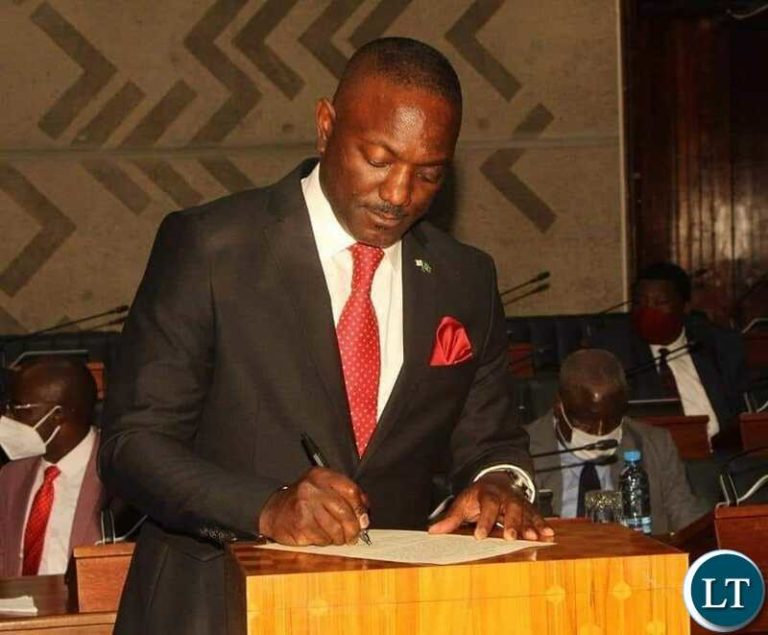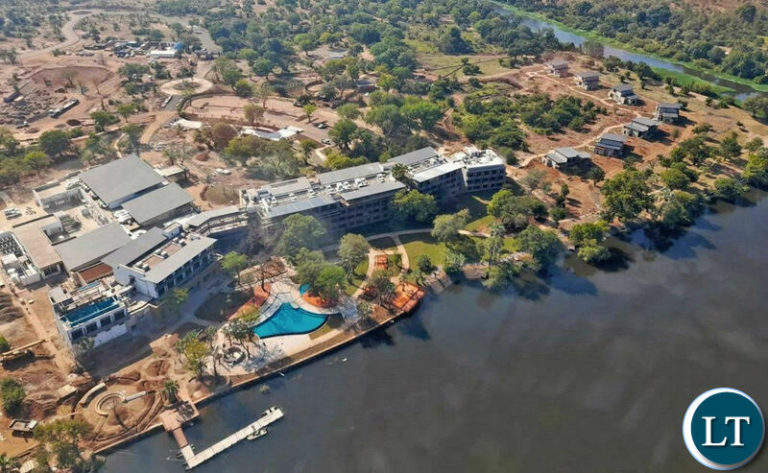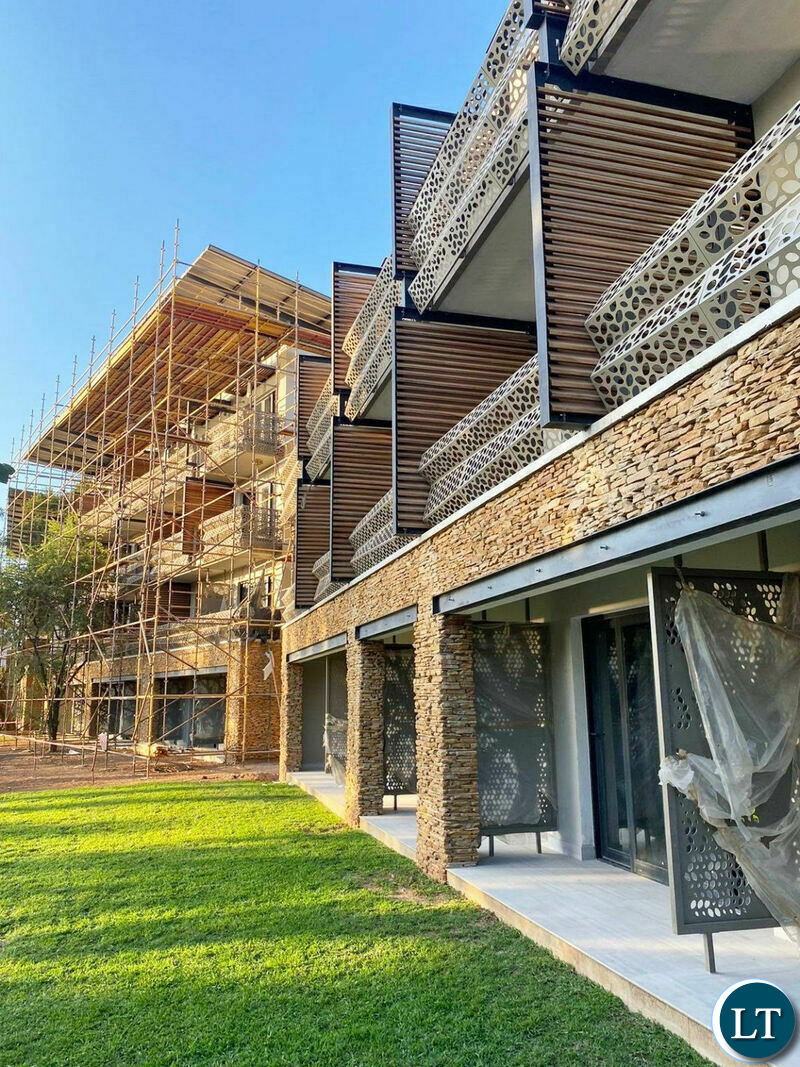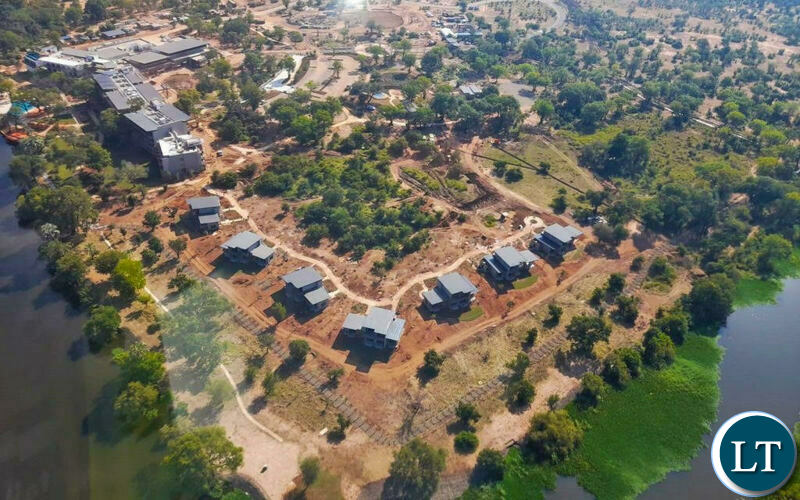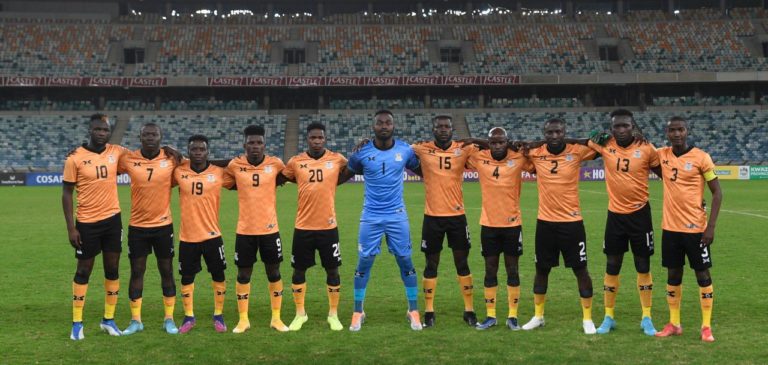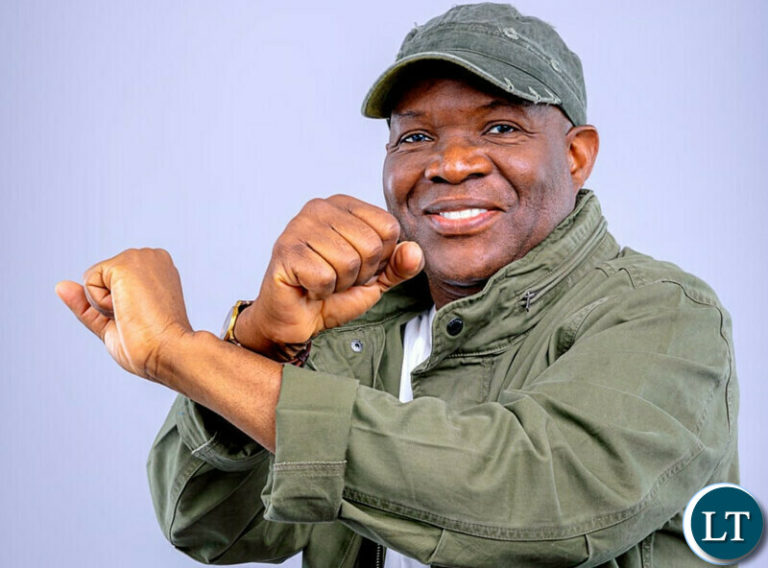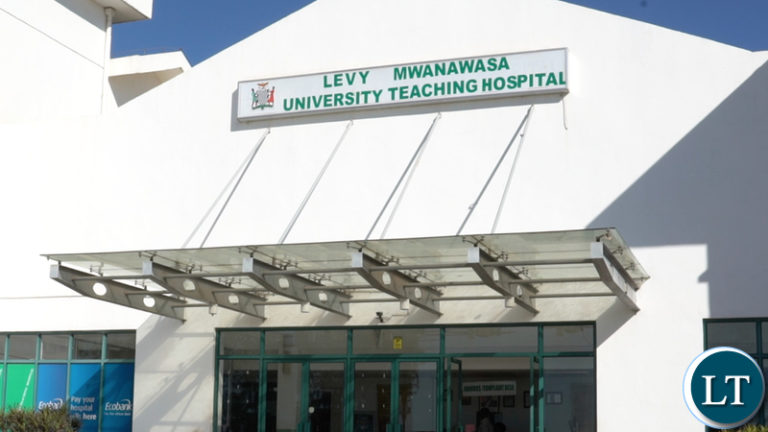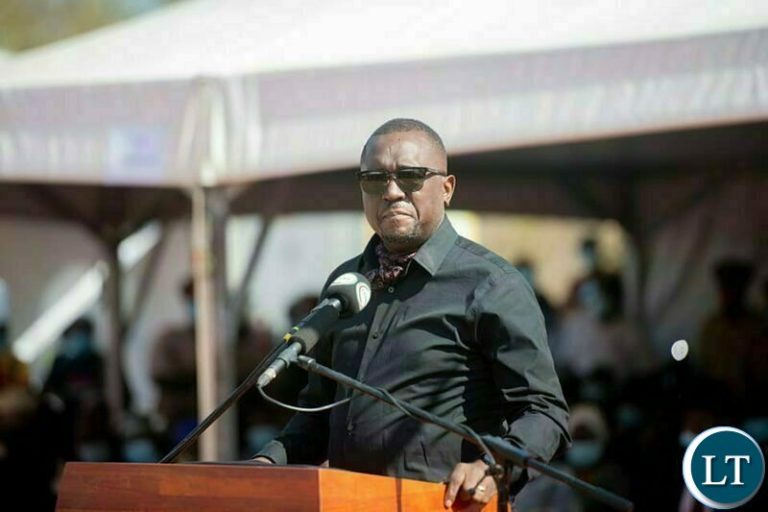By Fred M’membe President of the Socialist Party
Time for narrow mindedness and pettiness is over. We have to think big and broadly. We cannot encourage communalism or narrow mindedness, for no nation can be great whose people are narrow in thought or in action. Those who dominate us, those who dominate the world economy have their theories, their theoreticians and the media to disseminate them. We must also have our theoreticians among the ranks of the intellectuals; first of all, economists – those with a political sense, not economists to serve the transnational corporations. Economists must develop ideas based on profoundly scientific foundations and human experience and convey them to their people.
Today, economists of the people must be political economists; and politicians must be politicians with – if it is possible – a maximum of knowledge. Today that is really the basis on which the fate of humanity depends, the basis on which our struggles are being carried out. And the politicians who do not understand, or do not want to understand, or who do not strive to understand economics, are not worthy of exercising their duty.
Economically, we have to fully understand what is happening to the world economy, especially to the American and Chinese economies. It’s very important for us to understand what is happening to the world economy and not just narrowly focus on our bantustan economy. Today the trade frictions we are witnessing in the world all centre around the manufacturing sector. Over the past five years, the trade war between China and the US has intensified and will continue to escalate further.
A historical analysis of events shows that the bedrock of US political hegemony was a strong manufacturing sector. In recent decades, US manufacturing has shown an irreversible decline, despite government efforts to revive it. This decline has become one of the important sources for today’s global political and economic tensions. While it is very important to understand how competitive weakness has contributed to the decline of US manufacturing, a deeper understanding of the rules that govern production in the age of imperialism is needed. Since the mid-1990s, with the dominance of finance capital’s drive to maximise profits, US imperialism accelerated the move of their industrial base overseas, especially to the Global South and to China in particular. In parallel, there were other factors at play: productivity gains eliminated many jobs in the US and the lack of manufacturing investment resulted from finance capital investing where profits were greatest.
As a result of their inability to manufacture basic necessities during the Independence War from Great Britain, American military and political leaders quickly learned the vital importance of having a strong manufacturing sector that could supply strategic materials and manufactured goods. Thus, the American production system was born, first developed by the military, and then introduced into the American industrial sector where it continued to develop.
The American system has two connotations: the first refers to 19th century US economic protectionist ideas and policy practices against British free trade, known as the “Institutional American system”; the second refers to the rise of the 19th century US manufacturing system of mass production. Mechanisation of mass production – a standardised production system based on interchangeable parts and modules – is one of the main characteristics in the evolution of US manufacturing. The military and political hegemony achieved by the US after World War II became, over time, a paradox for US manufacturing. To maintain their political hegemony, the US was forced to make economic concessions to its allies, opening up its domestic market to the allies’ manufactured goods. As a result, foreign competitors gained greater market share and this contributed to the decline in such industries as auto, steel, and machine tools.
The US, however, maintained its innovative and long-term leadership in the military, aerospace, and electronic information industries, which generated high profit margins by leveraging the large amount of accumulated knowledge capital. For the US government, the problems of unemployment, the loss of skilled workers, a lack of self-sufficiency in defence-strategic goods, and the deterioration of regional economies brought about by the decline of domestic manufacturing are severe. Since the 1980s, the US has been waging trade wars, first against its allies and then against emerging developing powers. The economic contradictions within the US, represent an important reason why the world political and economic order has entered an era of conflict and turmoil, which US hegemonic power is unable to resolve.
As for China, with the world economy currently facing downward pressure, its domestic economic development is confronting many challenges. And it is necessary to understand the characteristics of China’s new economy’s development in the first two decades of the 21st century and what changes are expected for the following two. The first phase of China’s new economy’s development was from 2000 to 2019 and was characterised by less state regulation of capital, meaning the state supported rapid economic growth and capital grew with the expanded economic scale; however, investment in research and development grew relatively slowly. The new digital economy was driven less by technology and more by maximising the external benefits created by the socialist state, such as the increase in people’s disposable income, the improvement in logistics and transportation, and the expansion of the digital information infrastructure. The state had to absorb all the societal negative social impacts, including the widening income gap.
Starting in 2020, the new economy has been characterised by significantly greater state regulation of capital, meaning that both the investment industry and business owners of the new economy should follow the state-defined principles of promoting “quality development” and an “inclusive society”.
Investments in this new period are expected to focus on three main priorities: 1) smart optimisation of the supply chain, 2) import substitution of foreign-made technologies, especially in areas like industry-specific chip manufacturing, and 3) sustainable development, especially in those technologies facilitating the use of green energy.
The Chinese investment industry are expected not to blindly pursue the finance-driven game in the new economy. They are expected to pay attention to the qualitative development of the economy, based on a deeper understanding of the entire supply chain. Business owners, and especially the investment decision makers, are expected to closely align the benefits of their investment returns with the interests of the country and the well-being of the people and contribute to the sound development of the socialist market economy.


